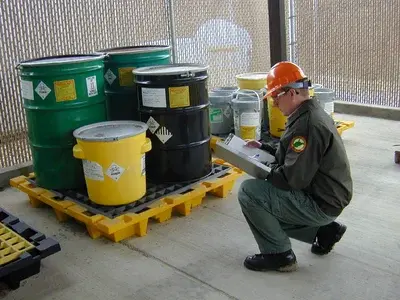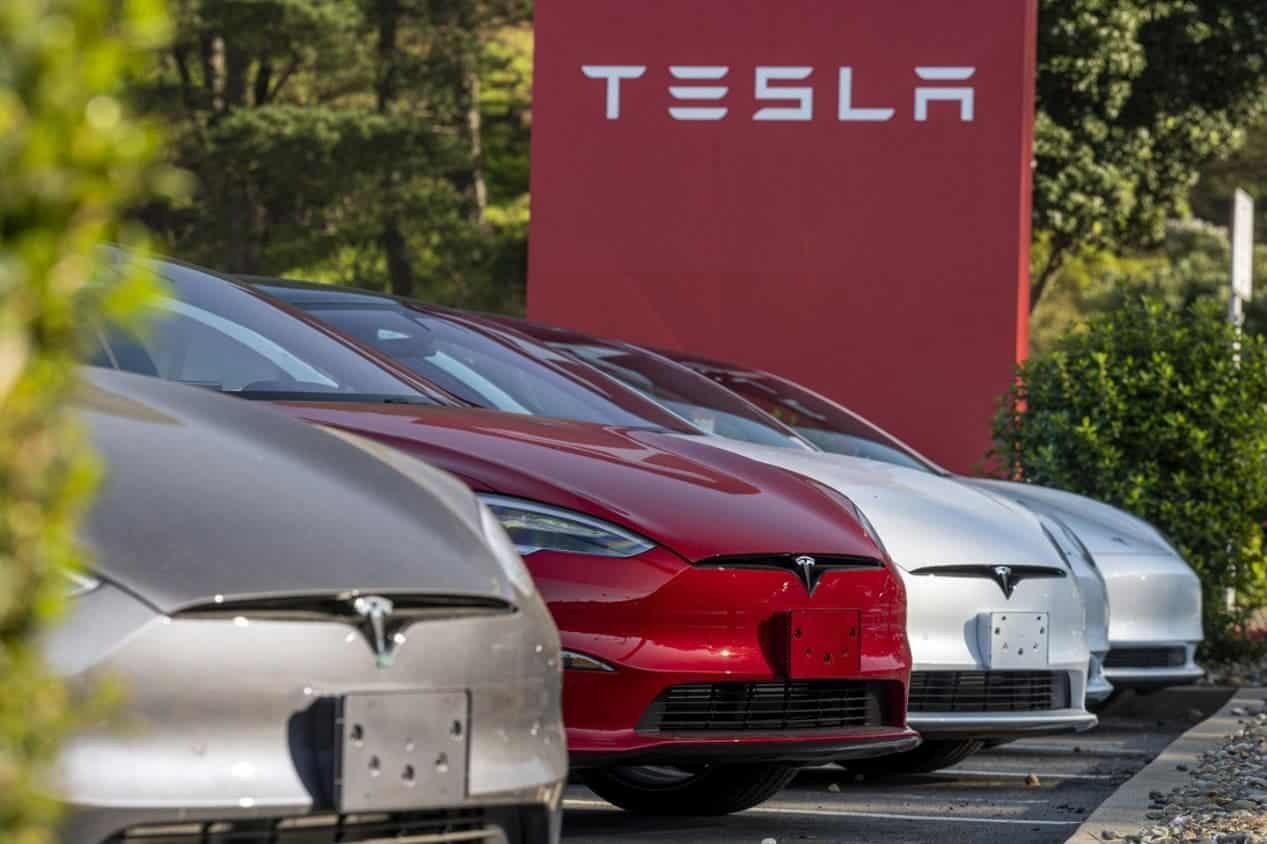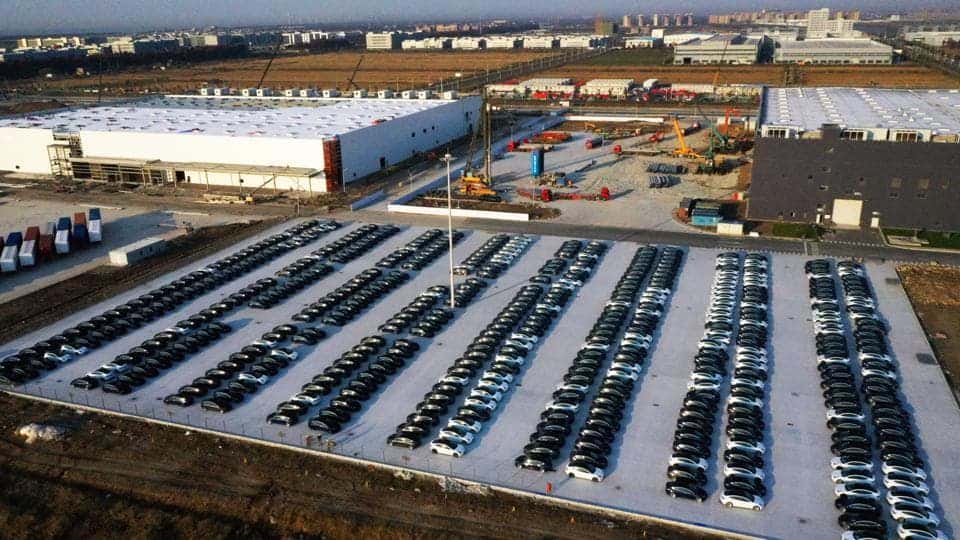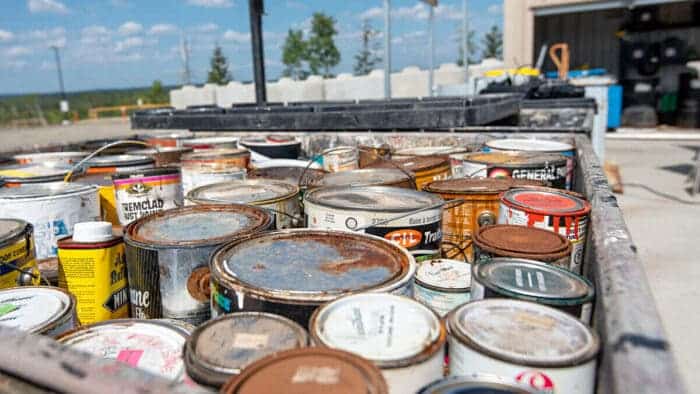Tesla, the electric car manufacturer, has been sued by 25 California counties for allegedly mishandling hazardous waste. The lawsuit was officially filed on January 31, 2024. The counties claim that Tesla has violated California’s environmental laws for years and are seeking an injunction forcing Tesla to properly handle hazardous waste. The lawsuit claims that violations have occurred at as many as 101 facilities, including at Tesla’s manufacturing plant in Fremont. The counties accused Tesla of violating state unfair business and hazardous waste management laws. These laws are from California’s hazardous waste management.

Background
In the California state court in San Joaquin, the lawsuit, The People of California v. Tesla Inc., was filed Tuesday, Reuters reported. The report reveals that civil fines may be as high as $70,000 per violation per day. The hazardous waste produced or handled at the facilities includes paint materials, brake fluids, used batteries, antifreeze, and diesel fuel, among others. The more than two dozen district attorneys who banded together to file the lawsuit want an injunction that would require the company to properly handle its hazardous waste.
The lawsuit filed by the California counties alleges that Tesla has violated California’s environmental laws for years. The counties claim that Tesla is not careful about how it manages its waste and the company needs to be called to order. Also, the lawsuit claims that violations have occurred at as many as 101 facilities. This includes Tesla’s manufacturing plant in Fremont.
Los Angeles, San Francisco and other counties have accused Tesla of improperly labelling and disposing of materials at transfer stations or landfills that are “not permitted to accept hazardous waste.” The waste includes “lubricants, brake fluid, lead-acid batteries, aerosols, antifreeze, cleaning fluids, propane, paint, acetone, liquefied petroleum gas, adhesives and diesel fuel,” the lawsuit said. It adds that Tesla “continues to do so at or outside its facilities.”

Tesla’s previous waste-handling lawsuits
The lawsuit is not the first time Tesla has faced allegations related to its hazardous waste handling. In 2019, the company reached a settlement with the U.S. Environmental Protection Agency over alleged federal hazardous waste violations at its Fremont plant. In that deal, Tesla agreed to take steps to properly manage waste at the facility and pay a $31,000 fine. Tesla later reached a deal with the EPA in 2022 in which it agreed to pay a $275,000 penalty after violating the long-standing Clean Air Act.
Tesla disclosed in a 2022 filing with the U.S. Securities and Exchange Commission (SEC) that it was under investigation by the California District Attorney over its waste management practices. At the time, the company said it had “implemented various remedial measures, including conducting training and audits, as well as strengthening its on-site waste management program.” Tesla said in October 2023 that it was in settlement negotiations with prosecutors in various California districts, but apparently, no results were achieved.
Potential consequences for Tesla
Violating environmental laws in California can result in harsh penalties. The penalties for violating environmental laws in California can range from fines to imprisonment. For example, creating, maintaining, or failing to cure a public nuisance is a misdemeanor under California law which is punishable by a maximum of six months. The maximum penalty for a misdemeanour is one year in the county jail. In more aggravated cases where someone is placed in imminent danger of serious bodily or suffers serious bodily injury or death as a result of the defendant’s conduct, the offence becomes a straight felony and is punishable by three, six, or nine years in the California state prison plus fines.

California’s hazardous waste management law carries potential civil penalties as high as $70,000 per violation. In addition to fines, violators of environmental laws can also be ordered to pay the costs of resulting cleanup and restitution. Tesla has faced scrutiny over environmental and safety issues at its Fremont facility in the past. This lawsuit represents another challenge for the company in its efforts to address environmental concerns and maintain compliance with regulations.
Expert opinion on the issue
Eric Roesch is an environmental health and safety expert who analyzed the lawsuit. Roesch told CNBC,
“At a complex factory like an auto plant, you may expect occasional violations. But this complaint says that Tesla is not even doing basic stuff that anyone who works in an auto body shop would know to do, like labeling and management of things like used oil, spent batteries, used paint — anything that can leach into the groundwater.”
About the seriousness of the lawsuit, Roesch added,
“The state’s accusation that Tesla continued to violate environmental rules for years ‘intentionally’ and ‘negligently’ suggests that the company’s liability could go beyond civil penalties like fines.”
Tesla’s Response
In response to the allegations, Tesla said that it respects the law and order of any region in which it operates. The company did not admit to any wrongdoing. However, a California judge on Friday ordered Tesla Inc. to pay $1.5 million as part of a settlement of the civil case. The company eventually agreed to pay a $1.3 million civil penalty. It also agreed to pay $200,000 to reimburse the counties for the costs of the investigation. Tesla also said that it will take more steps to ensure that its wastes are better handled. The company will also employ a third-party auditor to examine its waste practices over five years.
San Francisco District Attorney Brooke Jenkins said in a statement.
“While electric vehicles may benefit the environment, the manufacturing and servicing of these vehicles still generates many harmful waste streams,”
Conclusion
The lawsuit filed by 25 California counties against Tesla underscores the gravity of allegations regarding hazardous waste violations. Accusations of improper waste management, including mislabeling and disposal of hazardous materials, have raised significant environmental and legal concerns. Previous settlements and ongoing investigations suggest a pattern of regulatory non-compliance that could have far-reaching consequences for Tesla. The potential civil penalties, including fines as high as $70,000 per violation, highlight the severity of the situation.
Moreover, the scrutiny from environmental authorities and legal experts underscores the need for Tesla to address its waste management practices. As the legal proceedings unfold, Tesla faces the challenge of navigating stringent environmental laws. It will also need to restore public trust in its commitment to environmental responsibility and regulatory compliance.
Author Bio
Efe Udin is a seasoned tech writer with over seven years of experience. He covers a wide range of topics in the tech industry from industry politics to mobile phone performance. From mobile phones to tablets, Efe has also kept a keen eye on the latest advancements and trends. He provides insightful analysis and reviews to inform and educate readers. Efe is very passionate about tech and covers interesting stories as well as offers solutions where possible.






PEOPLE SHOULD BEWARE THERE ARE MANY FAKE FRAUDULENT OUT THERE…
People are falling victim to it. I am so delighted to share my incredible experience with the recovery company called MAYER MUSK HACKER. I invested 145,000 in a fake investment. After falling victim. I was devastated and unsure if I would ever see my hard-earned money again. I’m happy I found MAYER MUSK HACKER on google who helped me recover my cryptocurrency. I can’t forget how MAYER MUSK HACKER helped me recover my cryptocurrency. I never would have imagined that cryptocurrency could be recovered. To anyone who finds themselves in a similar predicament, I recommend MAYER MUSK HACKER. Their unwavering commitment to their client’s well-being, combined with their unparalleled expertise in cryptocurrency recovery. You can also contact them via
Email support@mayermuskrecoveries.com
Website https://mayermuskrecoveries.com
Whats-App: +1 (347) 470-7678
They are one of the best recovery companies in the world.
PEOPLE SHOULD BEWARE THERE ARE MANY FAKE FRAUDULENT OUT THERE…
People are falling victim to it. I am so delighted to share my incredible experience with the recovery company called MAYER MUSK HACKER. I invested 145,000 in a fake investment. After falling victim. I was devastated and unsure if I would ever see my hard-earned money again. I’m happy I found MAYER MUSK HACKER on google who helped me recover my cryptocurrency. I can’t forget how MAYER MUSK HACKER helped me recover my cryptocurrency. I never would have imagined that cryptocurrency could be recovered. To anyone who finds themselves in a similar predicament, I recommend MAYER MUSK HACKER. Their unwavering commitment to their client’s well-being, combined with their unparalleled expertise in cryptocurrency recovery. You can also contact them via
Email support@mayermuskrecoveries.com
Website https://mayermuskrecoveries.com
Whats-App: +1 (347) 470-7678
They are one of the best recovery companies in the world.